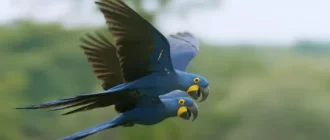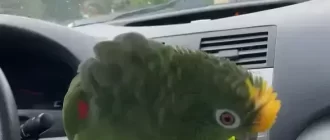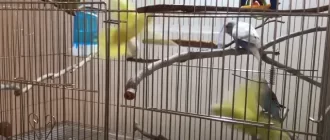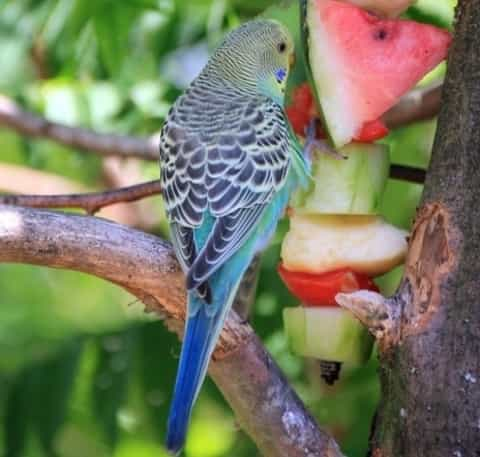This parrot is known for its beauty as well as its friendly nature and is considered the largest flying parrot species. It is both a symbol of elegance and love in the bird world.
Caring for Hyacinth Macaw
Cage and Environment:
- Housing a bird of this size requires a commitment to space. The cage should be large enough for the bird to extend its wings fully and move around freely.
- Providing a variety of perches with different diameters helps in maintaining foot health.
- Environmental enrichment is critical; offer toys and puzzles to keep the Macaw mentally stimulated.
- Mimicking their natural habitat to an extent, maintaining a warm temperature and moderate humidity can contribute to their comfort.
Feeding:
- The diet of a Hyacinth Macaw should be rich and varied, consisting mostly of nuts (especially macadamia nuts, which are high in fat), fresh fruits, and vegetables.
- A high-quality pellet diet can serve as a good base for proper nutrition.
- It’s pertinent to supplement their diet with vitamins and minerals under a veterinarian’s guidance.
- Hydration is paramount; always ensure they have access to fresh water.
Habits
- Hyacinth Macaws are inherently social creatures enjoying the company of their human counterparts or other birds.
- They often greet with a characteristic grunt or a more melodious sound and are known to be quite vocal in the mornings and evenings.
- Daily interaction is necessary; spending time with your Macaw outside its cage strengthens your bond.
- Chewers by nature, they need safe, durable toys to satisfy their urge to gnaw.
Health Issues
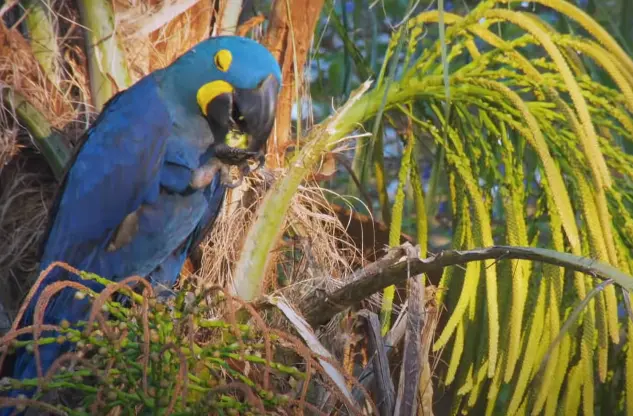
- Being a rare and exotic species, they’re prone to specific health issues such as proventricular dilatation disease (PDD), psittacosis, and beak and feather diseases.
- They can suffer from vitamin A deficiency if their diet isn’t appropriately managed.
- Regular vet check-ups are crucial for early detection and treatment of any health concerns.
Lifespan
- Hyacinth Macaws have the potential to live for an extensive period, surpassing 50 years when kept in captivity and given excellent care.
Cost
- Owning a Hyacinth Macaw can be quite costly due to its high degree of rarity.
- Initial costs for a Hyacinth Macaw can range anywhere from $10,000 to $40,000, depending on factors such as age, breeder, and lineage.
- Ongoing expenses include veterinarian care, a proper diet, and replacing toys and accessories.
Conclusion
Welcoming a Hyacinth Macaw into your home comes with a profound sense of joy and responsibility. Enthusiastic and intelligent, these birds intertwine themselves as part of the family fabric. But remember, with their long lifespan and specific needs, adopting a Hyacinth Macaw is a lifelong commitment that should not be taken lightly. For those who step up to the challenge, the rewards are immeasurable; a companionship vibrant with color, sound, and mutual affection.
